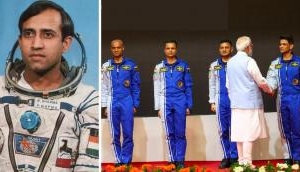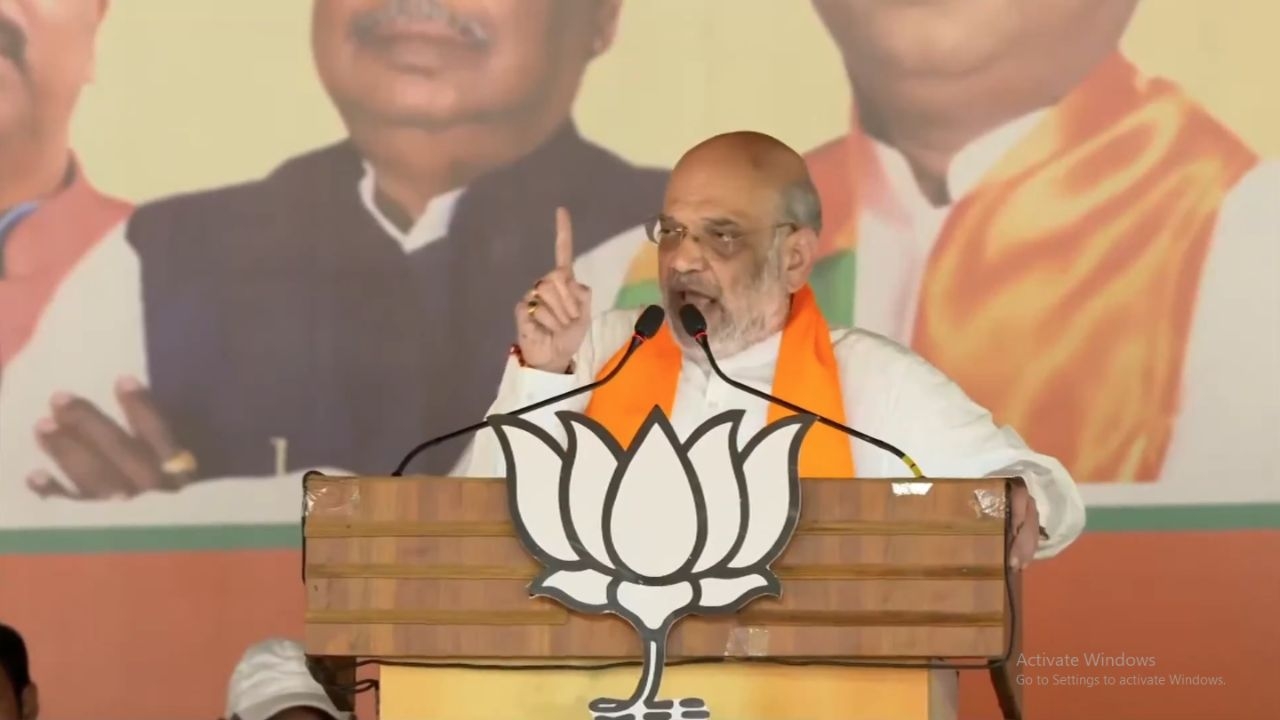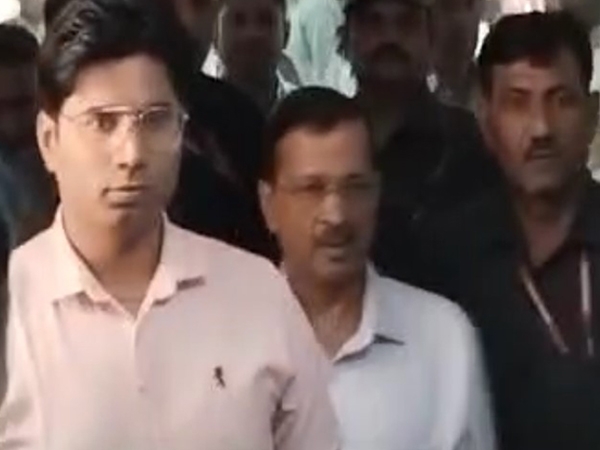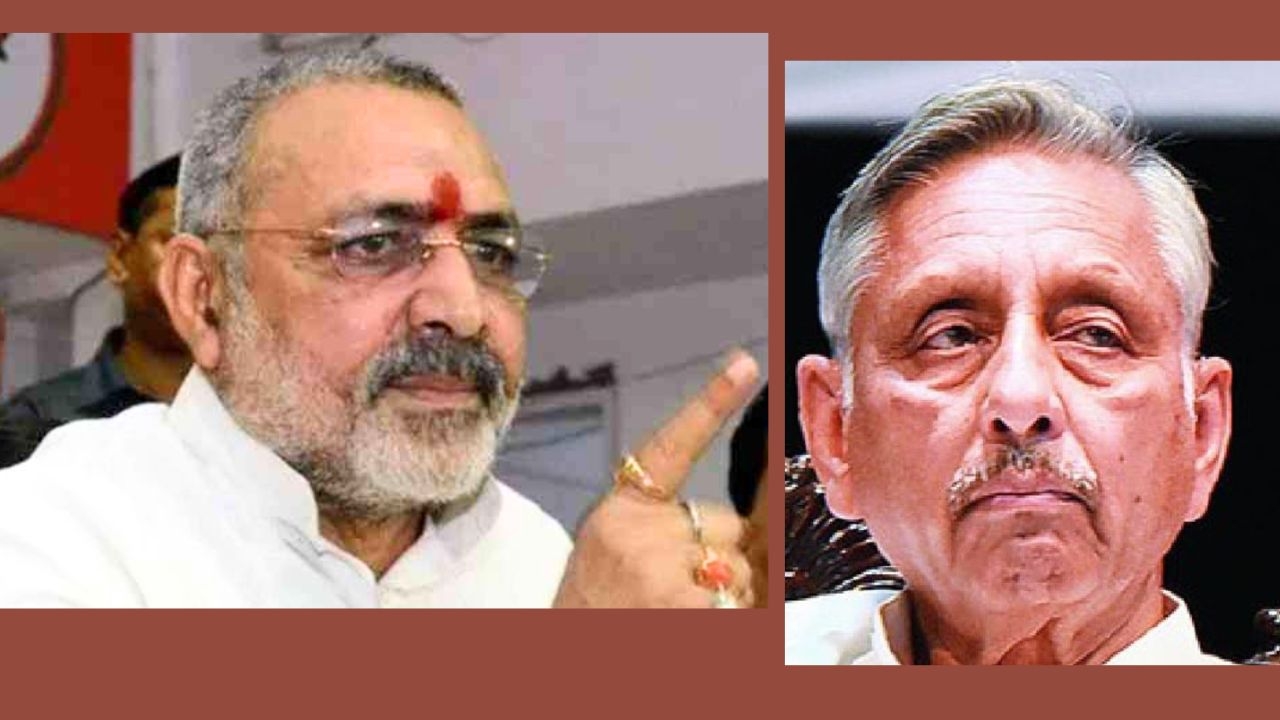Meet your friendly neighbourhood billionaire-turned-medical philanthropist

From drumming up a digital music revolution in the late 90s that changed the landscape of the music industry to moulding a charitable financial model that can positively forward research into a cure for cancer, Sean Parker's covered a lot of ground.
In 1998 Shawn 'Napster' Fanning had suggested a software that would allow people online to share each other's music from their respective hard drives. Parker was the only person who recognised the merit in that, and Napster - arguably the world's first file sharing service was born.
Now, more than fifteen years later, as news comes of Parker's heavy philanthropy in the field of cutting-edge medical science, one shouldn't be very surprised at the trajectory of his interests and beliefs - in almost all of Parker's ventures, sharing and collaboration for the benefit of a larger community, is at the core of everything.
What's even better than a billionaire deciding to help out the medical community? The same blend of philanthropy and entrepreneurship has actually become a trend among other billionaires, and that can actually create a healthy impact on the world community across countries.
Of Parker, philanthropy and medical science
Parker established the Parker Institute for Cancer Immunotherapy in 2015 with the help of a $250 million grant from The Parker Foundation. Based out of San Francisco, the institute would bring together scientists, clinicians, and medical industry partners to develop a sharper approach towards cancer immunotherapy research.
What made the institute stand apart was Parker's emphasis that scientists would have to collaborate and discoveries would be a collective effort - collaborative licensing deals et al, which effectively means no special treatment for anyone who 'leads' the research, necessarily. There are already 6 centres ready and running with 40 plus labs, and over 300 of the nation's top researchers.
Profits from the research would be distributed among all institutions involved in the research, though core inventors might get a bigger share. His model came across as slightly opaque to many cancer specialists who are part of research bodies.
Bloomberg quotes the institute's chief executive officer and immunology researcher at the University of California, Jeffrey Bluestone, saying that the one thing on people's minds was - 'Was this for real? Are you trying to make money?'
With such overtures by individual wealthy patrons, the immediate control over medical research has undeniably shifted, and that's perhaps causing unease among many in the industry, especially because of a lot of billionaire-funded research tends to revolve around high-technology that seems too 'far out' for traditionalists.
Parker tells Bloomberg, "The world is full of pretty stodgy foundations that generally do pretty safe things. I'd rather see what happens when you do something totally different that's never been tried."
In Good Company

Steven A. Cohen is another prominent name that figures right up there in the list of billionaires who've helped the cause of medical philanthropy. A hedge fund manager, Steve Cohen is ranked by Forbes as the 72nd wealthiest person in the world and 31st in the US with an approximate net worth of $13 billion.
His contribution has been to establish the Cohen Veterans Network that primarily comprises free mental health centres for war veterans and their families. To this end Cohen pledged $325 million over five years.
His support initiative began back in 2013 when he gave $17 million to the New York University Langone Medical Center for research into PTSD. The Cohen Veterans Network includes five clinics and there are plans to open at least 20 more. The clinics provide care also to those who were dishonourably discharged from the military.

Paul Allen, co-founder of Microsoft, really takes his science and philanthropy seriously. His Allen Institute, founded in 2003, looks to collect scientific data and make it accessible at minimal or no cost to researchers around the world.
It's best known for its brain atlases-searchable online databases of structures in the human and mouse neurological systems. In 2015, the Paul G. Allen Family Foundation gave a massive $7 million in grants to researchers studying Alzheimer's disease.
And earlier in 2016, he marked aside another staggering $100 million to launch the Paul G. Allen Frontiers Group. The collective's initiatives include developing two research centres: one at Stanford to study interaction between the immune system and bacteria, and the second at Tufts that will investigate how three-dimensional structures in the body are formed.
Besides the crème de la crème of the billionaire philanthropy star list, there is a slew of other, less public figures who are helping medical research in their own capacities. All of them however, are driven by a singular need to discover newer medical techniques that can cure humanity of the gravest of conditions and diseases.
Christiana Bardon, managing director of an oncology-focused fund at MPM Capital, an investment firm, says it best to Bloomberg, explaining the significance of wealthy entrepreneurs - with a non-academic background, but with an acute interest in the future of medical science: "One approach says 'Let's win Nobel prizes,' but model B is, 'Let's get three drugs that we did research on approved.' That's much more pragmatic and aggressive and impactful."
First published: 5 December 2016, 9:25 IST





![BJP's Kapil Mishra recreates Shankar Mahadevan’s ‘Breathless’ song to highlight Delhi pollution [WATCH] BJP's Kapil Mishra recreates Shankar Mahadevan’s ‘Breathless’ song to highlight Delhi pollution [WATCH]](http://images.catchnews.com/upload/2022/11/03/kapil-mishra_240884_300x172.png)

![Anupam Kher shares pictures of his toned body on 67th birthday [MUST SEE] Anupam Kher shares pictures of his toned body on 67th birthday [MUST SEE]](http://images.catchnews.com/upload/2022/03/07/Anupam_kher_231145_300x172.jpg)






